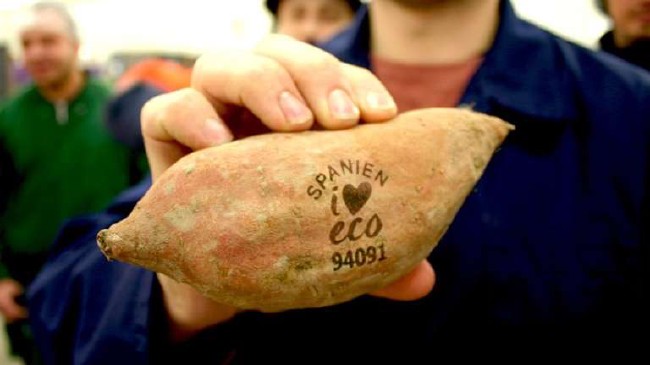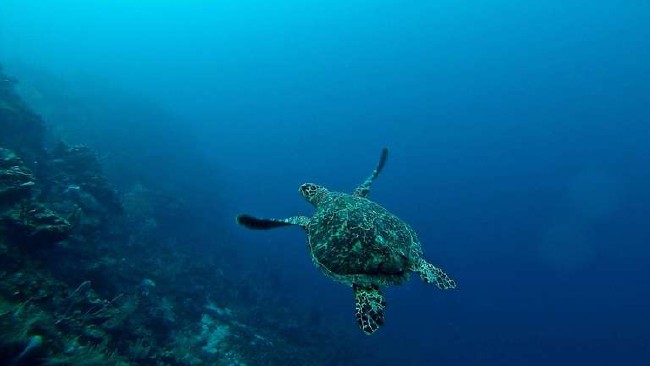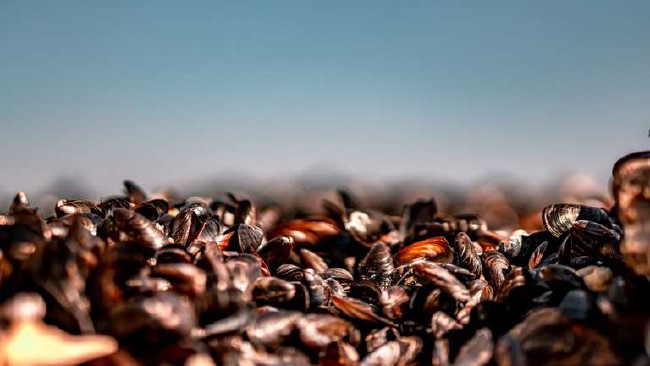Young inventor develops a microplastic magnet
Fionn Ferreira, a chemistry student at the University of Groningen in the Netherlands, wants to fight microplastic pollution with magnetic water.
His innovation, which won the 2019 Google Science Fair, consists of using a mix of magnetized iron oxide and vegetable oil to attract plastic particles. Then, he uses a magnet to remove this mixture alongside the microplastics, leaving the water as pristine as possible.
After many experiments, Fionn realized that this method was 87% effective in removing microplastics of all sorts from water.
He now aims to scale this technology to have a tangible impact on global pollution. The idea is to capture microplastics from wastewater before it reaches the sea by building a capture system in water treatment and sewage facilities.
Why does it matter? Studies estimate the ocean contains 8.3 million pieces of microplastic per cubic metre of water. These microplastics, virtually impossible to remove through filtration, end up in the global food chain and, ultimately, on our plates.
Many projects are on a mission to remove microplastic from our oceans. Fionn innovation is straightforward, effective and highly scalable, which makes it particularly interesting in tackling this major issue.
Related Posts
Sticky labels on fruits and veggies are no longer a necessity
Dutch fruit and vegetable supplier Nature & More and Swedish supermarket ICA partnered to replace sticky labels on organic products with a laser mark.
This game lets you clean up the ocean for fun
Ender Ocean is the first online game dedicated to cleaning up the oceans.
Mussels turn out to be highly efficient at filtering out plastic
Pennie Lindeque, Plymouth Marine Laboratory’s Head of Science, turned to nature to address microplastic pollution. Specifically, her team uses mussels to filter water and extract tiny pieces of plastic – smaller than 5 millimetres across – generated from plastic pollution disintegration.



